Family Forest Blog

October 27, 2022
Advancing Integrity with the New Improved Forest Management Methodology
The American Forest Foundation, The Nature Conservancy and TerraCarbon have pioneered a new approach for calculating a carbon benefit that increases accuracy and transparency.
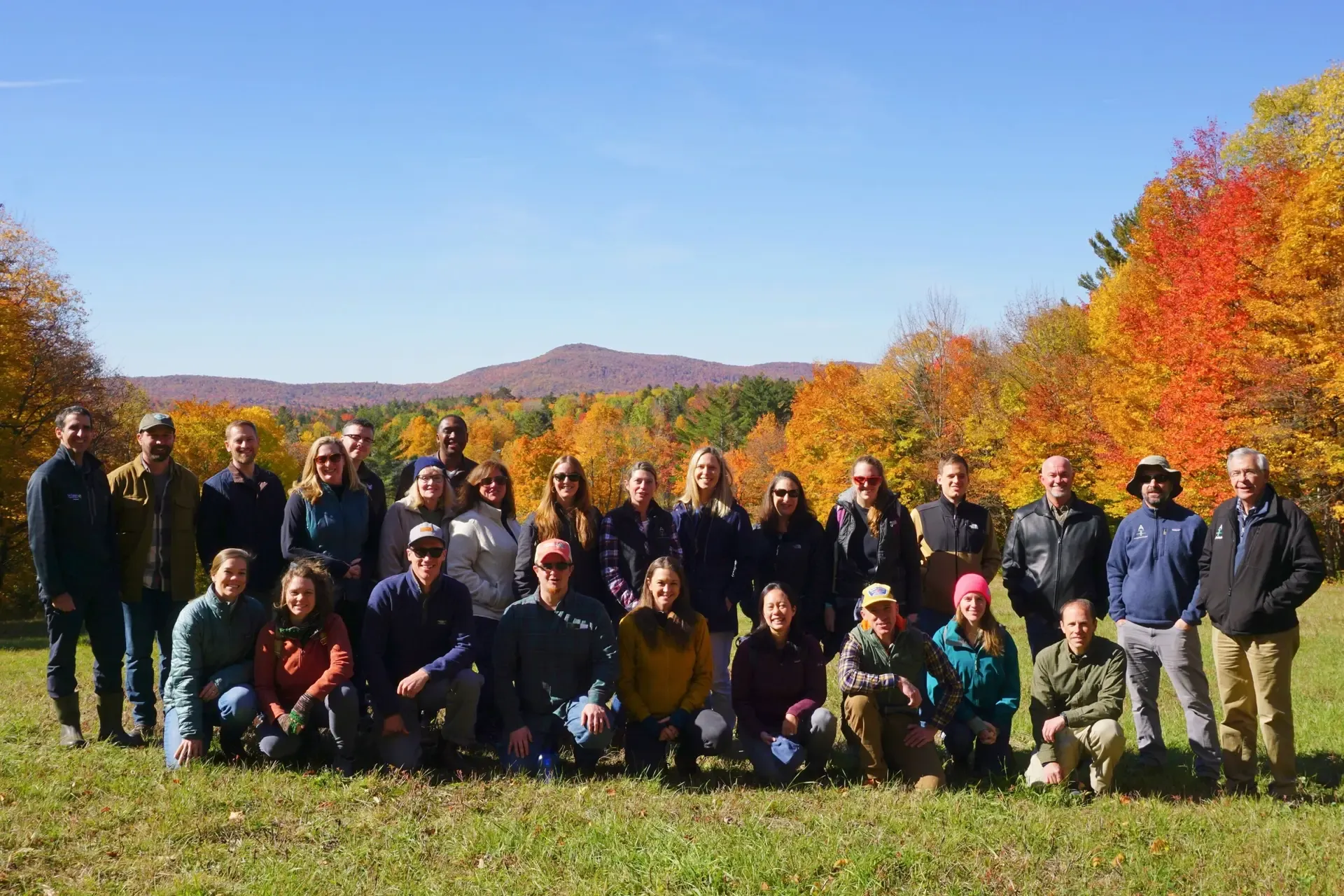
October 18, 2022
First-Ever Family Forest Carbon Program Partner Retreat Tackles Carbon Market Opportunity for Family Forests
The American Forest Foundation was excited to host the first-ever Family Forest Carbon Program Partner Retreat last week, bringing together climate leaders across sectors and industries.
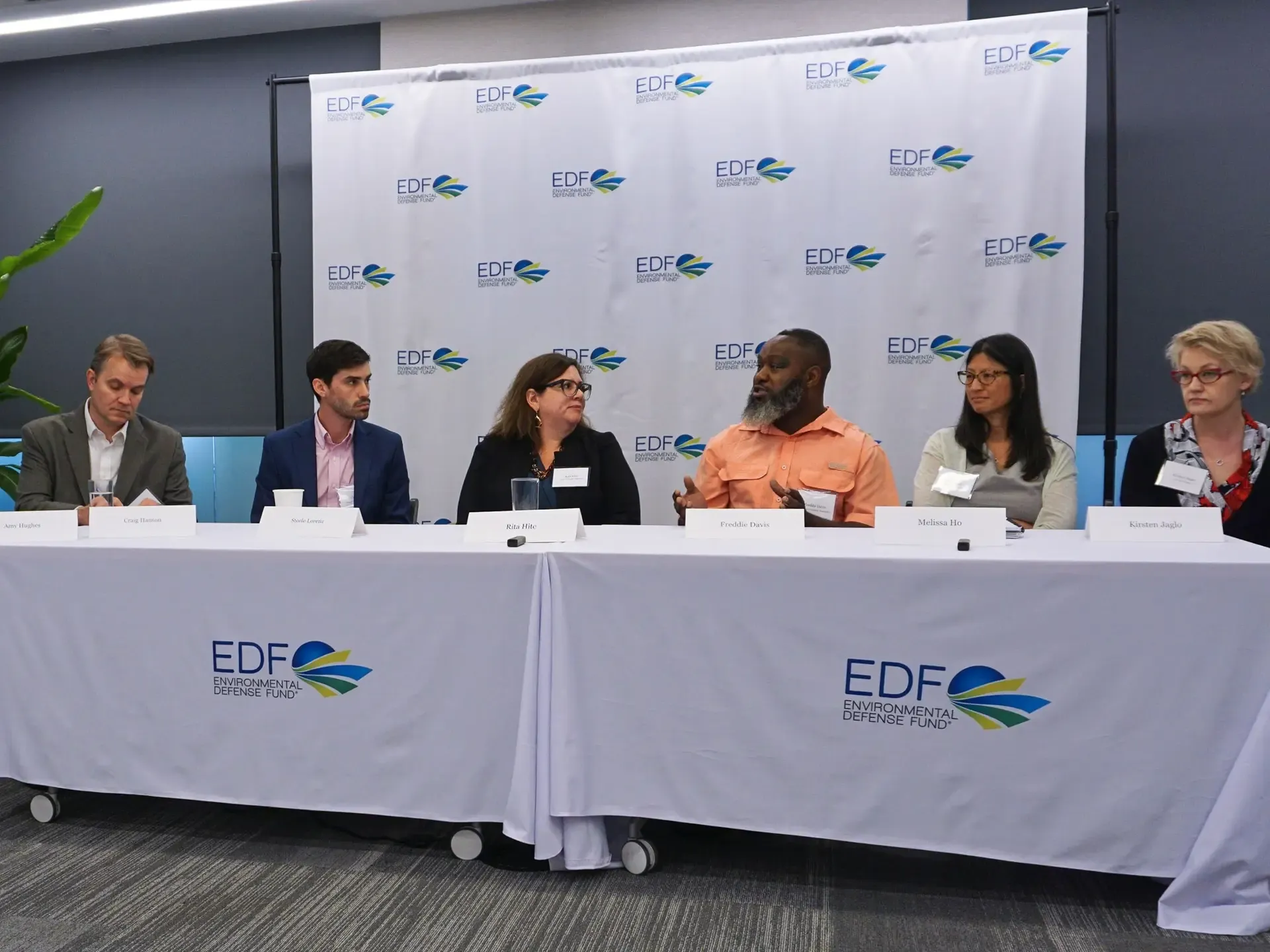
September 30, 2022
Three Carbon Market Takeaways from Climate Week 2022
This year’s Climate Week brought together global climate leaders from business, government, NGOs and civil society with the theme of “Getting It Done.” Here are three important themes we identified for investors and corporate buyers.

September 7, 2022
Not All Carbon Programs Are Created Equal: Advancing the Integrity of Offsets
The team behind the Family Forest Carbon Program is committed to driving real, measurable impact on climate change through family forests.
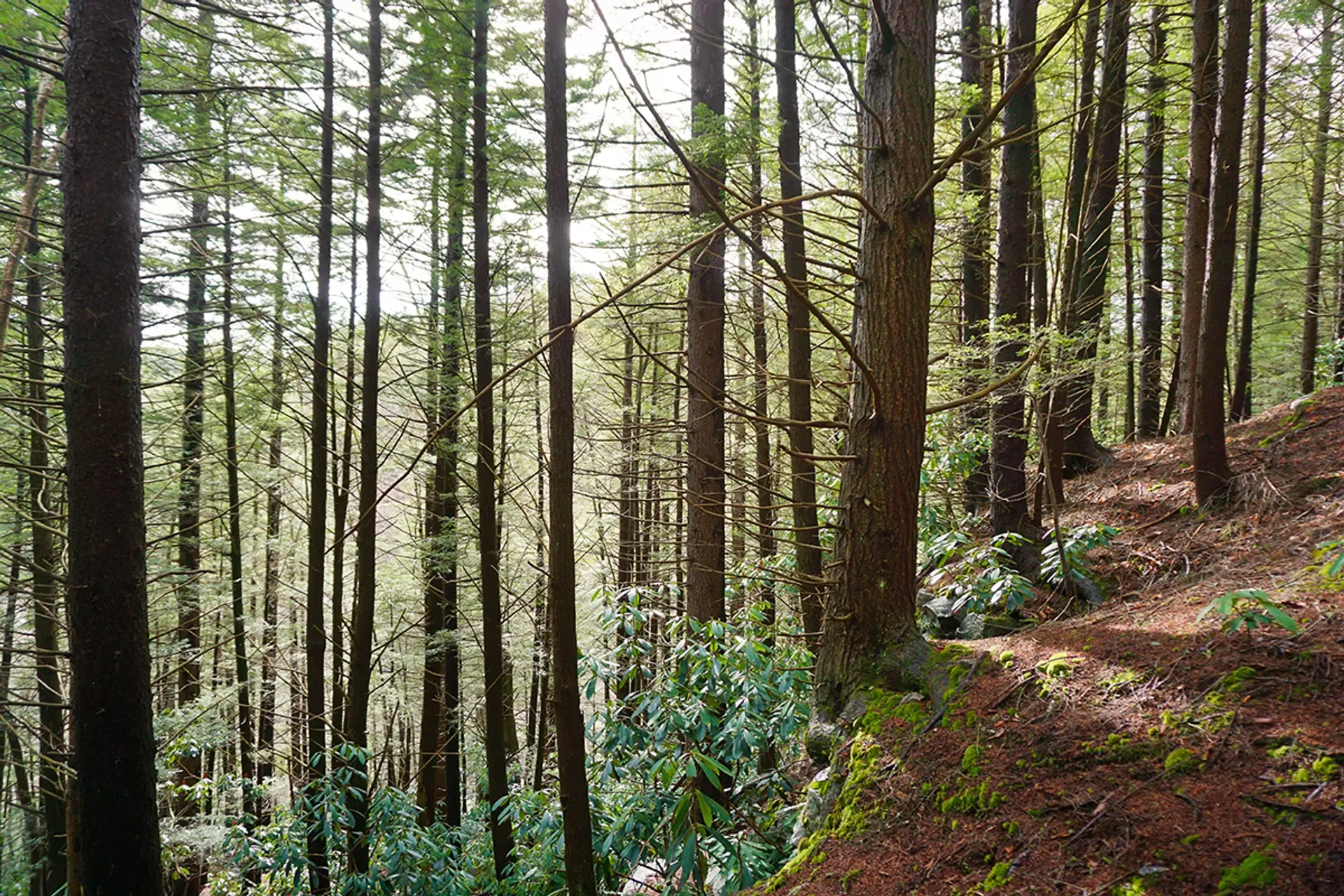
May 16, 2022
Four Ways Businesses Are Leading Change in the Voluntary Carbon Market
Choosing partners that align with your company’s climate targets and sustainability goals is key. Discover four ways the Family Forest Carbon Program is helping companies catalyze change.
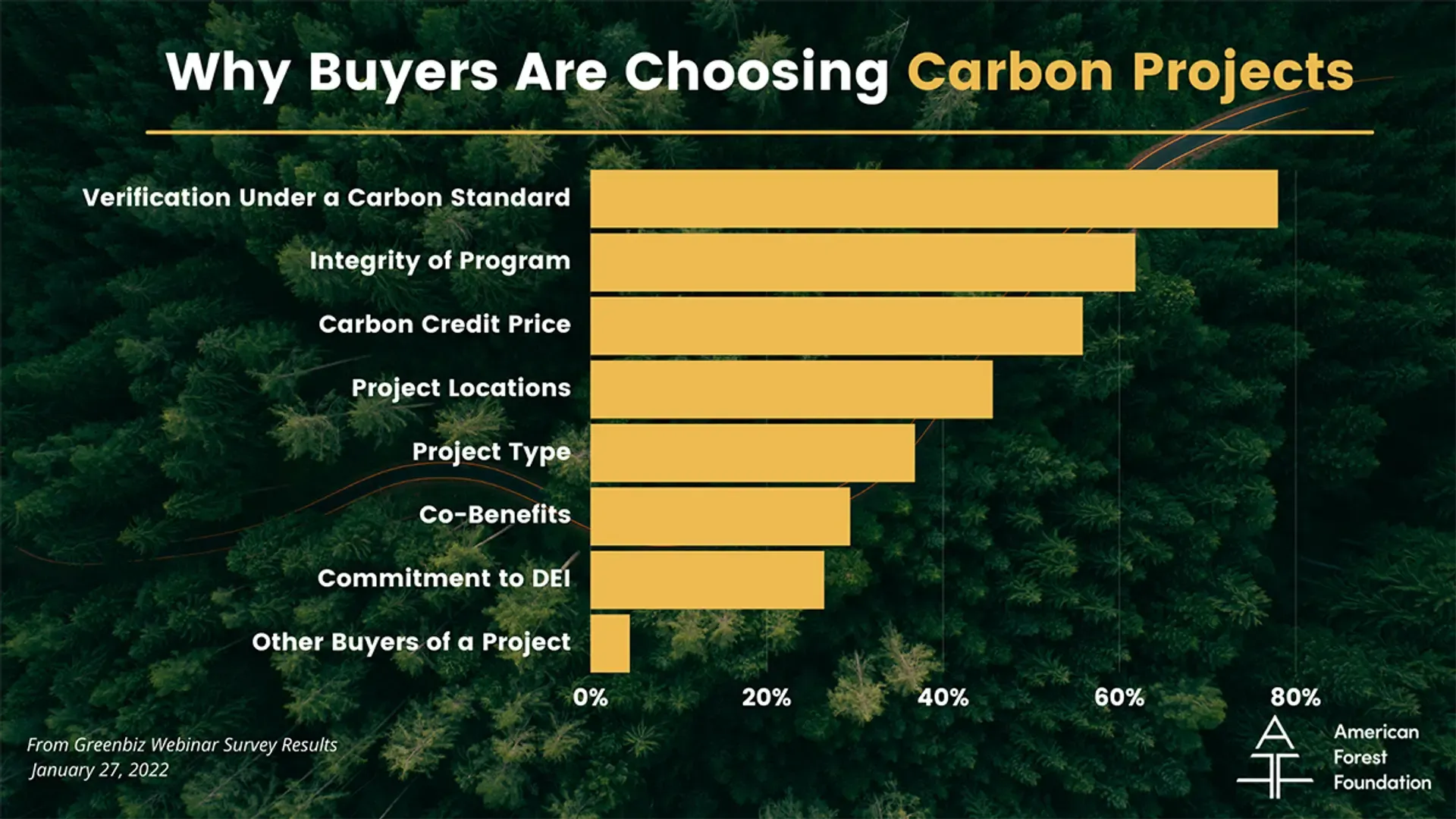
February 28, 2022
A Snapshot of Trends Among Carbon Buyers
Take a look at how current and prospective carbon buyers are thinking and what conversations are being held today on what the future of the voluntary carbon market will look like.
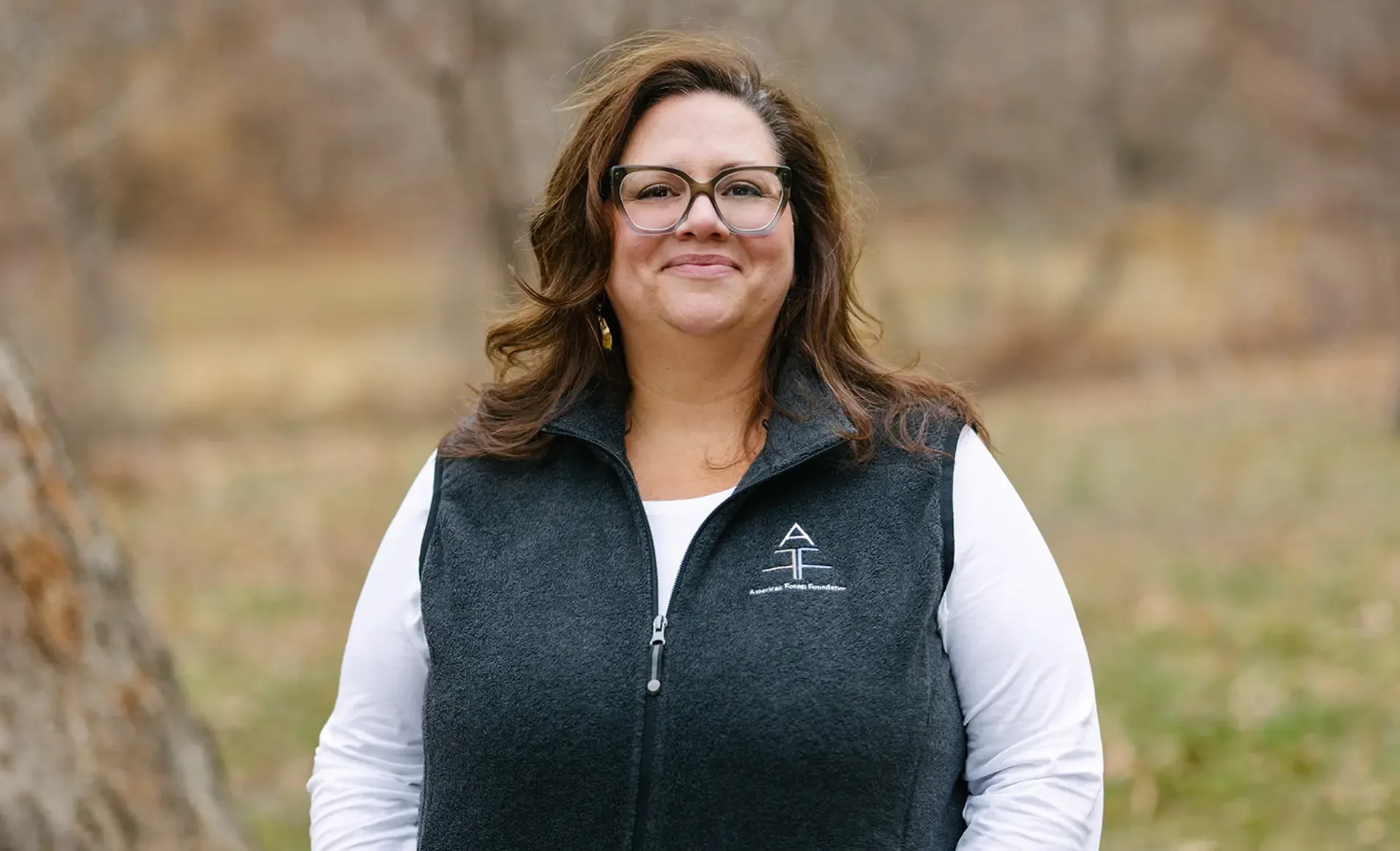
January 26, 2022
The Future Is Now
This month, Rita Hite put her boots on the ground as president and CEO of the American Forest Foundation. She reflects on the optimism she’s feeling for the future of America’s family forest owners, AFF and our planet.
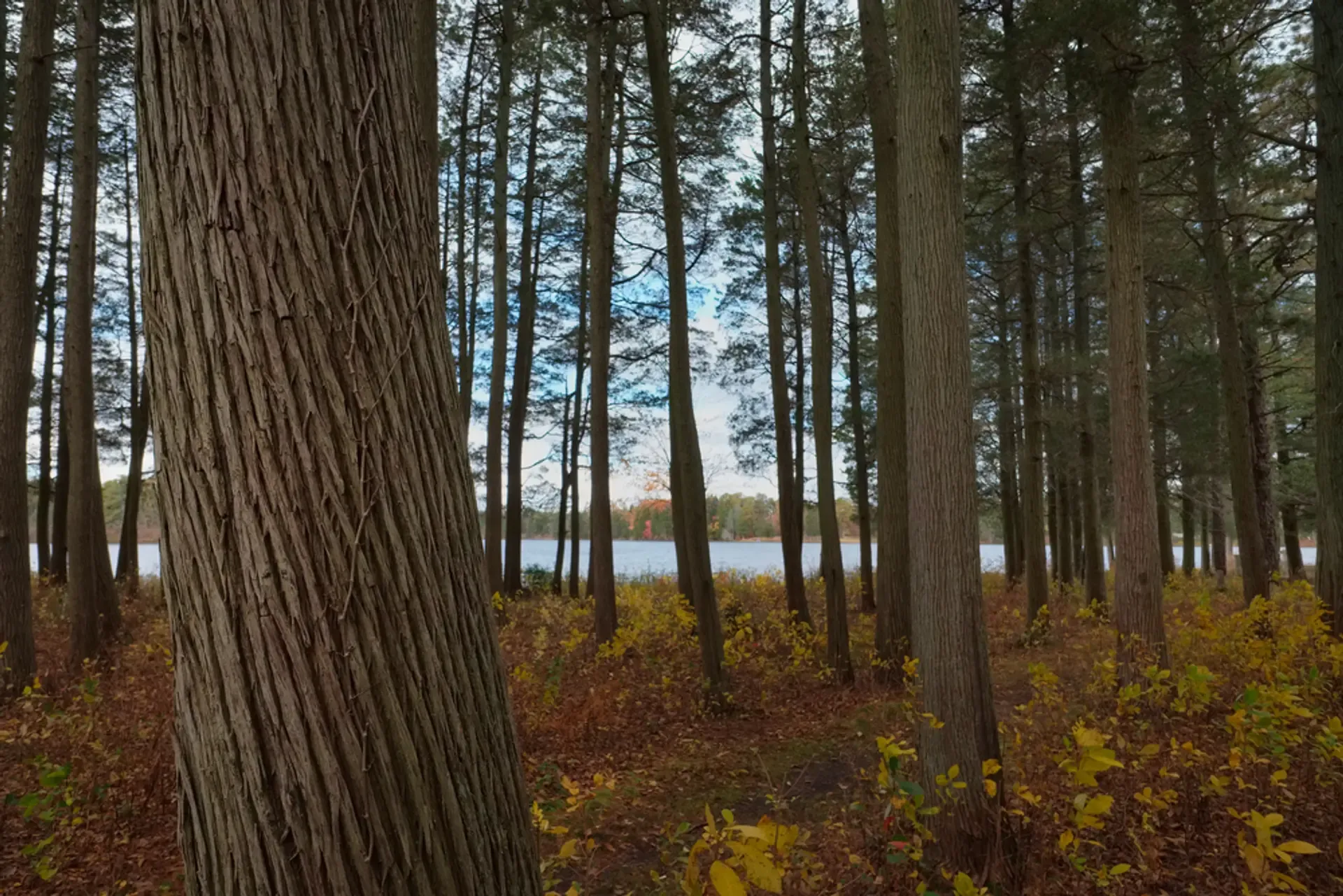
December 2, 2021
Determining a True Carbon Benefit Part 4: Permanence
An important step to ensuring that a carbon benefit is valid is if it stands the test of time. This is called permanence, which is defined as ‘the longevity of the carbon benefit of at least 100 years.’ The Family Forest Carbon Program is working to ensure the permanence of our carbon benefit.
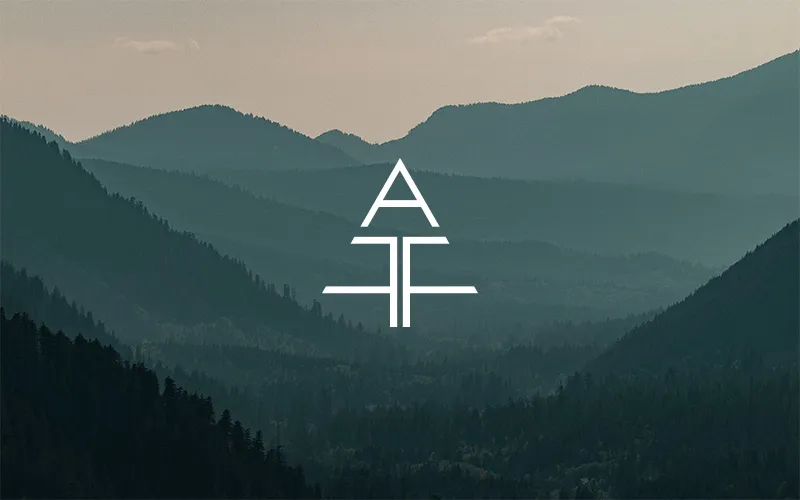
October 14, 2021
AFF’s 2021 Capitol Hill Fly-In Goes Virtual
Due to ongoing constraints of the pandemic, AFF held its first virtual Capitol Fly-in, with more than 100 attendees and 114 meetings where attendees were able to advocate for vital legislation.

October 4, 2021
Empowering Rural American Forest Owners to Take Climate Action
In the U.S., forests serve as the nation's largest terrestrial carbon sink, offsetting 15% of our nation’s annual emissions. More importantly, studies suggest this could be nearly doubled - through reforestation and improved forest management of our existing woodlands.
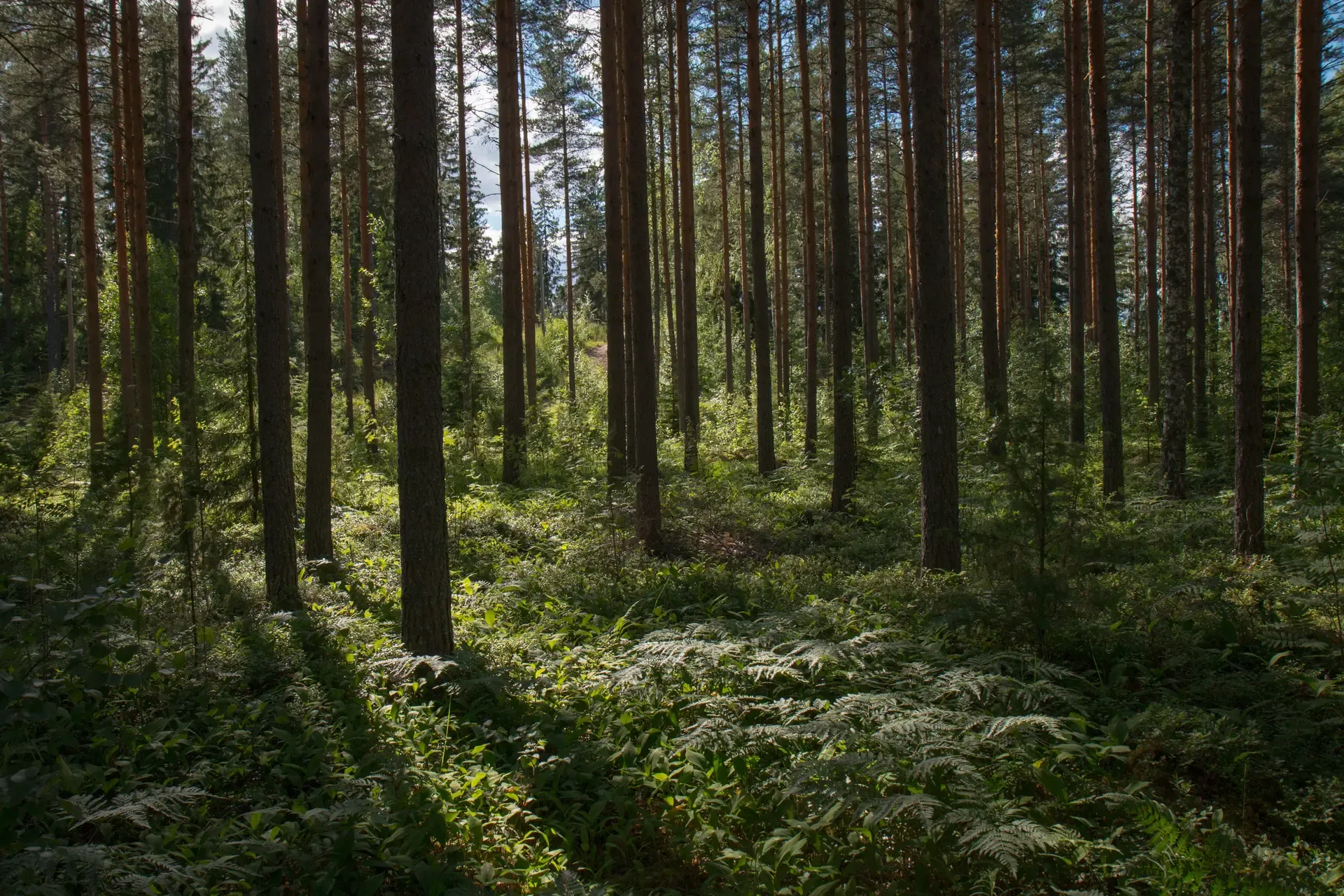
September 30, 2021
Long-term Offtake Agreements for a Lasting Natural Climate Solution
Long-term offtake agreements are a tool to help unlock conservation finance and scale conservation initiatives. For companies, they mean solidifying long-term planning and getting ahead of the rise in demand and prices of carbon credits. Find out more.
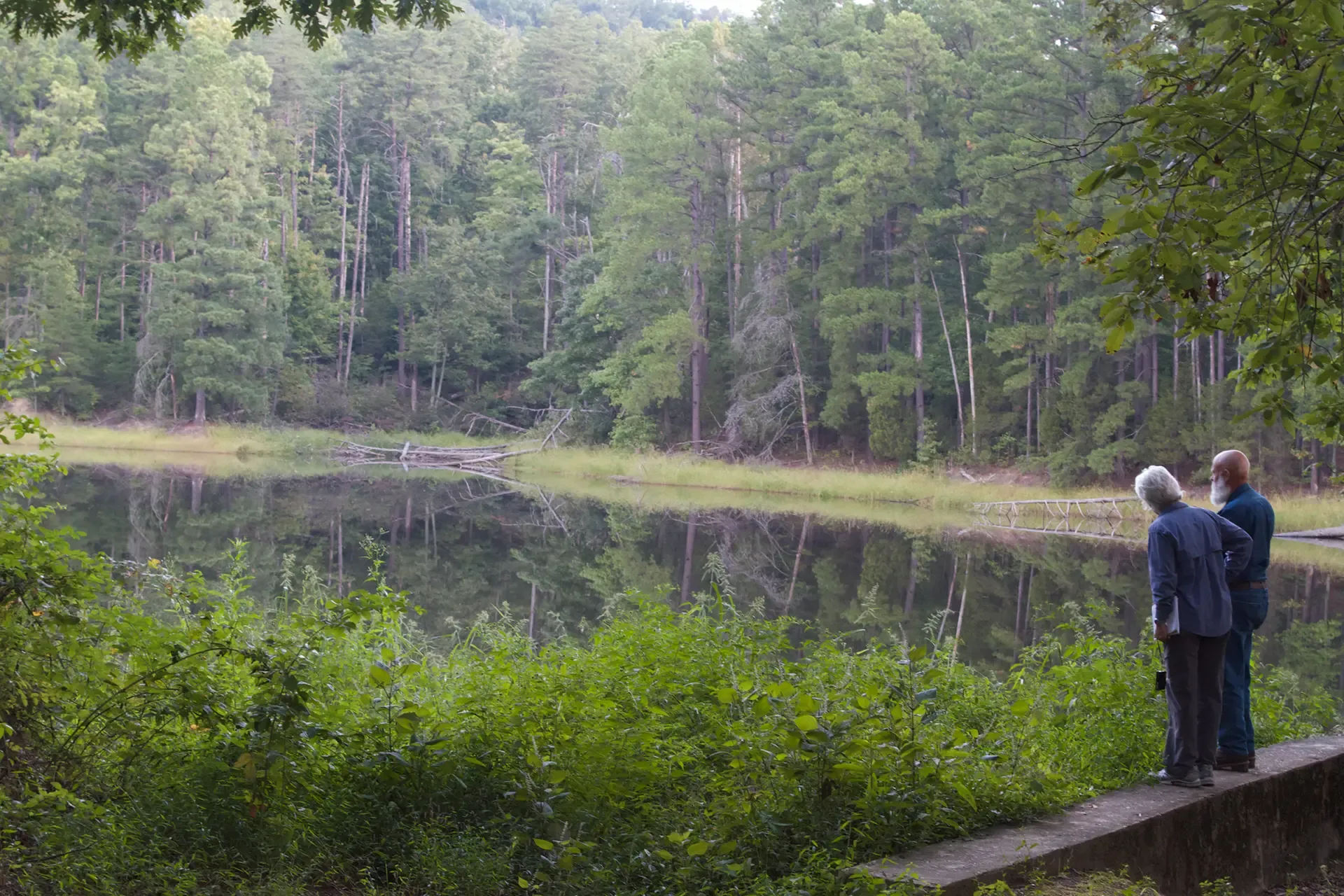
September 2, 2021
Determining a True Carbon Benefit Part 3: From Intention to Action
When measuring additionality many carbon projects ask, “Is the carbon generated from a forest carbon project because of the project or would it have happened absent the particular project or intervention?” While intention does play a role, it is often misinterpreted by those unfamiliar with the needs and behaviors of forest owners. Rather, to create a true carbon impact, a forest carbon project should factor intention into program design, yet measure real-life behavior.
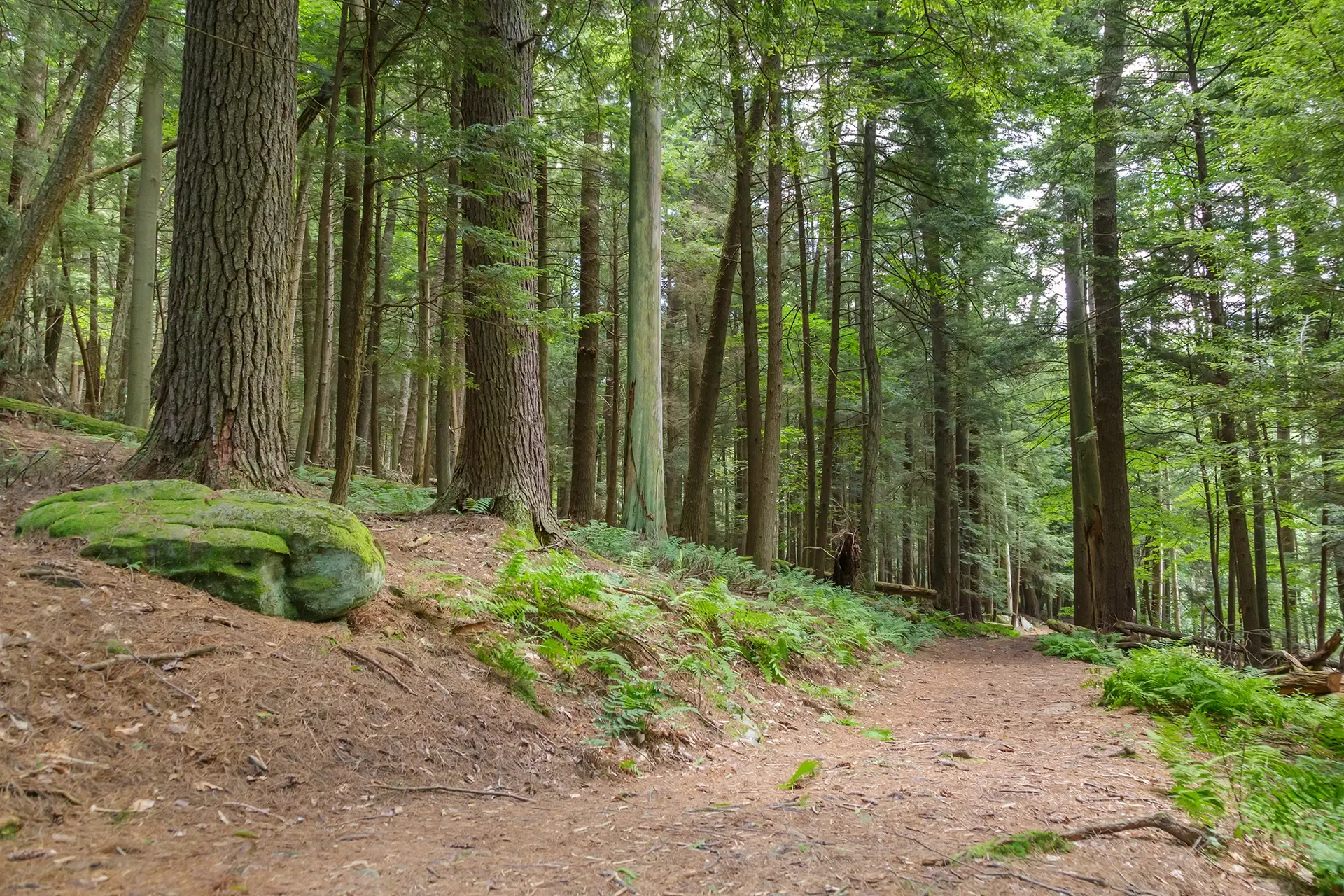
July 20, 2021
Loan Guarantees to Help Scale Carbon Projects for Small Forest Holders
Capitol Hill has been buzzing with conversations, hearings, and round tables on how rural America can help address climate change. One such opportunity is via carbon markets for small forest holders.

May 26, 2021
Determining a True Carbon Benefit Part 2: Baselines
The Family Forest Carbon Program has created a new methodology, including an innovative approach to setting a baseline, similar to what is done in medical trials.

April 13, 2021
Determining a True Carbon Benefit Part 1: Additionality
Of all the concepts in the world of carbon credits, perhaps the most difficult to understand, yet critically important is ‘additionality.’ Ensuring carbon additionality is essential to ensure a company’s climate investment is making a true, positive difference. Christine Cadigan, Senior Director of the Family Forest Carbon Program, further explains the concept.